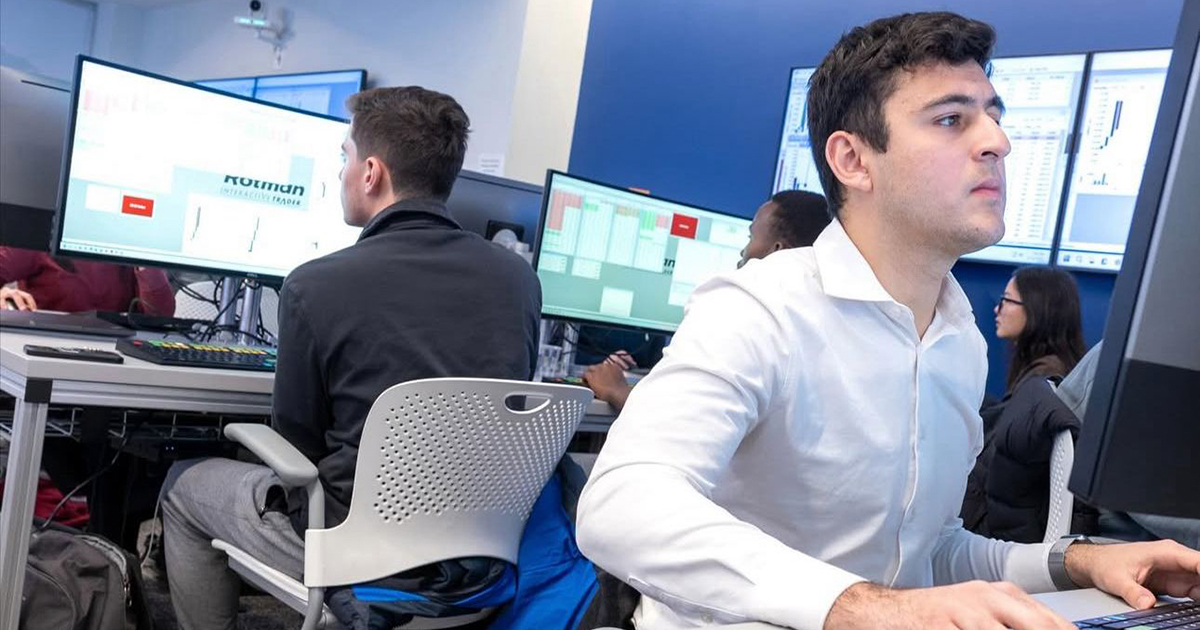New Research Reveals Work-Life Balance Challenges Women Entrepreneurs Face During Pandemic

Women entrepreneurs have long faced difficulties in gaining access to capital and balancing career and family.
These obstacles have only been exacerbated by the pandemic, according to new findings from Babson’s Diana International Research Institute.
In a recent four-part survey, the institute researched challenges women entrepreneurs face as a result of COVID-19. And, though the results trace a ripple effect of declining revenue for women-owned businesses to issues with work-life balance and support, research fellow Amanda Elam says a potential fix is simpler than it might appear.
It Starts with Structural Inequality
The first two surveys found that revenue had declined for almost 70% of respondents since the start of the pandemic.
But, even when facing hardship, women entrepreneurs find a way to innovate. In that time, 54% of women business owners marketed their company in a different way, including 35% who now stream classes or services and 53% who now offer new products or services.
In surveys three and four, 37% of women entrepreneurs identified a decline in sales as their top concern, and 60% of women entrepreneurs expressed uncertainty over whether investors would continue to fund their businesses.
Overall, 50% of women entrepreneurs reported family care as one of their top concerns.
“We have this assumption that men go to work, home takes care of itself … whereas women go to work, and they’re usually the primary caregiver. We have to start breaking down some of the stereotypes.”
Amanda Elam, Diana International Research Institute research fellow
“We have this assumption that men go to work, home takes care of itself … whereas women go to work, and they’re usually the primary caregiver,” Elam says. “We have to start breaking down some of the stereotypes.”
Women entrepreneurs are more likely to run smaller, younger, and more vulnerable businesses in industries where there tends to be high competition, low profit margin, and less access to funding, Elam says.
Solving these complications, Elam says, is rooted in structural inequalities at home and in the marketplace that have been in place long before the pandemic.
Three Potential Solutions
Elam says one solution to mitigating balance at home is parents splitting responsibilities. Institutional support within the workplace also is vital.
“Women tend to be the sponge, they go around and support everybody else,” Elam says. “They tend to play that same role in the workplace.”
There also remains a need for women entrepreneurs to redistribute themselves across occupations and industries, specifically, Elam says, in male-dominated fields such as technology.
“Until women start focusing on building businesses on industries with higher profit margins, their businesses aren’t going to get a whole lot bigger on average.”
Posted in Insights




